Looking back at the history of American Horror Story, it becomes clear how its identity has developed with each passing year. First we had Murder House and Asylum, two stories that felt like pure, classic horror. Ghosts, demonic possession, religious imagery—these were the stories that laid the show’s foundation. Then Coven, Freak Show and Hotel came along, camping it up with a flamboyant entourage of sassy witches, freakish performers, and sexy vampires.
Starting with Roanoke, however, AHS started to traverse some pretty experimental territory. This season not only played with the very structure of the show’s format, but also delivered a highly secretive marketing campaign, effectively building intrigue from start to finish.
So where does Cult fit into this? It is our first season that has no supernatural element at all, and also the first to deal so directly with current world events. Its story exists in a world where ghosts and vampires exist, and yet it is entirely separate from all of that. Its horror doesn’t come from the unknown fantasy of the paranormal. Instead, it draws on a more familiar horror—the capability of humans to turn on each other with so little provocation.
The campy glitz and pure horror are still there (nothing can erase from my mind the image of that tortured gimp), but in terms of story placement it undoubtedly fits right next to Roanoke. At this stage in American Horror Story’s progression, its novelty relies on fresh, untried ideas that distinguish it from seasons past.
Unlike other seasons, Cult was not intended to be a piece of escapist fiction. Its socio-political commentary made us look at ourselves and examine our insecurities. We were forced to scrutinise the arrogance of the left-wing, the selfishness of the right-wing, and the apathy of the apolitical. But this was also handled in a way that avoided stereotyping; after all, the disenfranchised come from both sides of the political spectrum. Everyone is pretty frustrated with the state of the world, but everyone has different ideas of how to go about fixing it. Any time one side tries to make a difference, their opponents block them.
So what’s the best way to unify people beyond political affiliations? Well if your name is Kai Anderson, the answer is to start a cult. It’s purpose? To tear down society. It’s end goal? Well, that was never entirely clear.
I don’t even think Kai really knew at any point. At first it was some sort of weak commitment to Bebe’s plan to ignite the feminist rage. Then they just wanted to spark anarchy, then it became a group for misogynistic white nationalists, then a prison gang. And somewhere in there it also started to get religious with Kai dubbing himself the Divine Ruler.
Much like Kai, we delude ourselves into believing we know what we want. We vote for political parties we think represent our interest in the pursuit of happiness. But we aren’t really sure ourselves what this is. Do we want someone telling us what to do so we can relinquish control, like Ivy? Do we want someone to shelter us from our own insecurities, like Detective Samuels? Or do we simply want to assert power over others, like Beverly? Regardless of what we want, there is always one reliable method that we jump to – tear down the current system.
This rollercoaster of a season demonstrated that there is no such thing as a utopia. Humanity is built on the rise and fall of empires, constant change, and the pursuit of something we can never attain. American Horror Story: Cult has taught us that no matter how many movements or ideologies spring up, the constant clash between them means that none of them can ever be achieved.
What did you think of the AHS: Cult? Sound off in the comments below!













One Comment